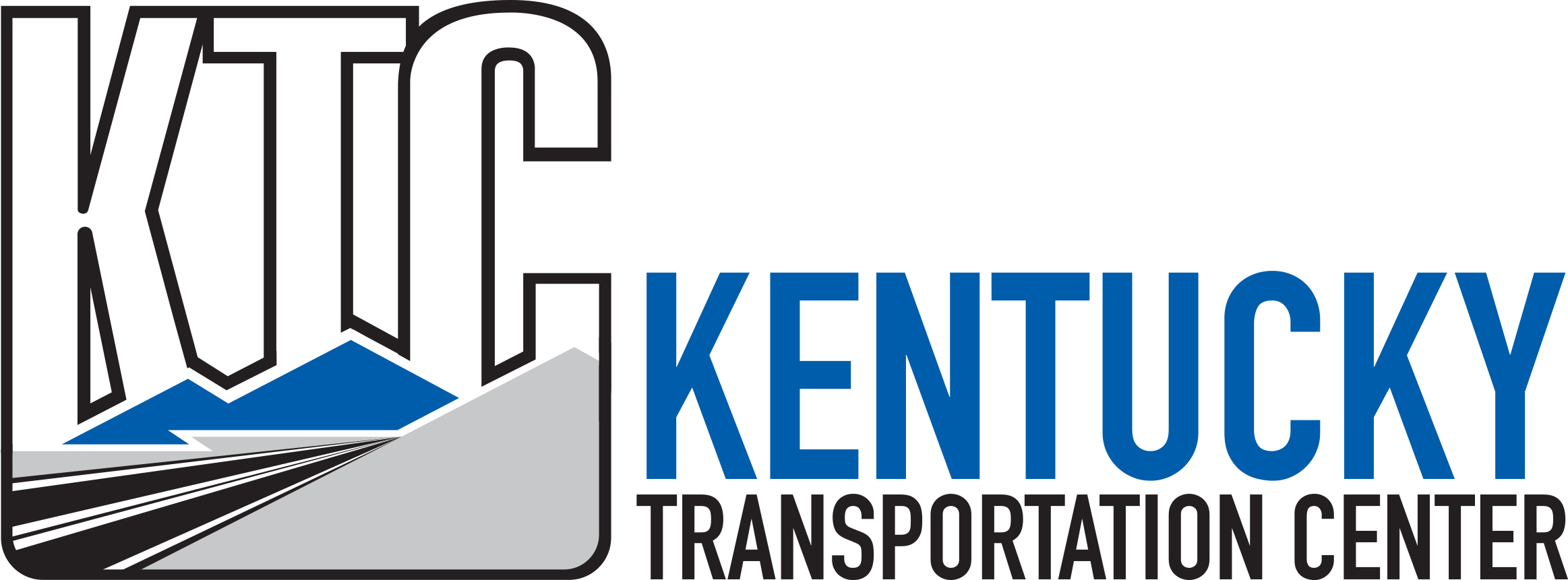Abstract
Quality issues related to commercial driver license (CDL) data present ongoing challenges to state and federal transportation agencies. This study highlights several problems with CDL data, including a lack of standardization for state-specific traffic infractions; process and workflow difficulties that degrade the accuracy, validity, and timeliness of data; adjudication procedures that can potentially mask serious violations from CDL driver history records; inadequate recordkeeping in state law enforcement citation and court case management software applications; outdated mainframe systems in urgent need of upgrades; IT personnel who are not paid enough; and insufficient reporting requirements for federal agencies that issue traffic citations. Best practices states can adopt to resolve these issues include undertaking renewed efforts to standardize state traffic infraction codes and equivalency tables; increasing automation of data entry and reducing repetitive data entry processes; amplifying outreach efforts to law enforcement officials, prosecutors, and judges that are focused on the federal guidelines which govern the adjudication of CDL-related infractions and their application to driver history records; including a CDL indicator in citation and adjudication software so that researchers and analysts can better track how CDL-related traffic are handled; increasing investments in new IT systems as well as personnel recruitment and retention; and improving coordination between federal agencies and the Central Violations Bureau so that traffic citations are reported to state agencies quicker.
Report Date
10-2020
Report Number
KTC-20-33/RSF81-1F
Digital Object Identifier
https://doi.org/10.13023/ktc.rr.2020.33
Repository Citation
Keathley-Helil, Valerie; Brown, Mallory; Martin, Andrew; Najarzadeh, Amir E.; Howell, Brian K.; and Walton, Jennifer R., "CDL Data Quality Assessment" (2020). Kentucky Transportation Center Research Report. 1714.
https://uknowledge.uky.edu/ktc_researchreports/1714



Notes
© 2020 University of Kentucky, Kentucky Transportation Center
Information may not be used, reproduced, or republished without KTC’s written consent.
The contents of this report reflect the views of the authors, who are responsible for the facts and accuracy of the data presented herein. The contents do not necessarily reflect the official views or policies of the University of Kentucky, the Kentucky Transportation Center, the Kentucky Transportation Cabinet, the United States Department of Transportation, or the Federal Highway Administration. This report does not constitute a standard, specification, or regulation. The inclusion of manufacturer names or trade names is for identification purposes and should not be considered an endorsement.